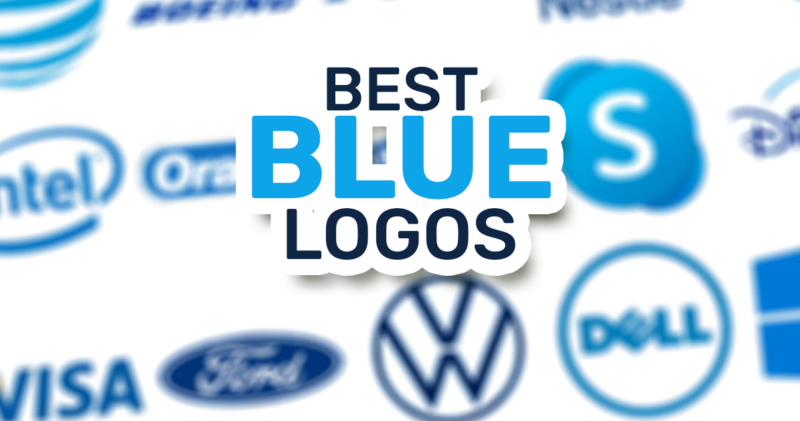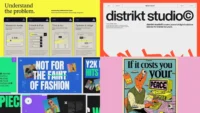In this article:
- Why Blue? The Psychology Behind the Hue
- Famous Blue Logos: A Gallery of Giants
- Shades of Blue: Choosing the Right Tone
- Beyond the Corporate: Blue in Various Industries
- Designing with Blue: Tips and Considerations
- The Future of Blue Logos
- Conclusion: The Enduring Power of Blue
In the vibrant world of branding, one color stands out for its versatility, depth, and psychological impact: blue. From tech giants to financial institutions, blue logos have become a hallmark of trust, professionalism, and innovation. In this comprehensive guide, we’ll dive into the ocean of blue logos, exploring their significance, showcasing famous examples, and providing insights for businesses considering this powerful hue.
Why Blue? The Psychology Behind the Hue
Before we examine specific logos, let’s understand why blue is such a popular choice:
- Trust and Dependability: Blue evokes feelings of stability and reliability, making it ideal for businesses that want to appear trustworthy.
- Professionalism: Many corporate entities choose blue to convey a sense of competence and maturity.
- Calmness: Blue has a soothing effect, which can be beneficial for brands in stressful industries like healthcare or finance.
- Universality: Blue is often cited as the most popular color worldwide, giving it broad appeal.
- Versatility: From navy to sky blue, the range of shades allows for diverse expressions of brand personality.
Famous Blue Logos: A Gallery of Giants
Let’s explore some of the most recognizable blue logos and what they communicate:
1. Facebook
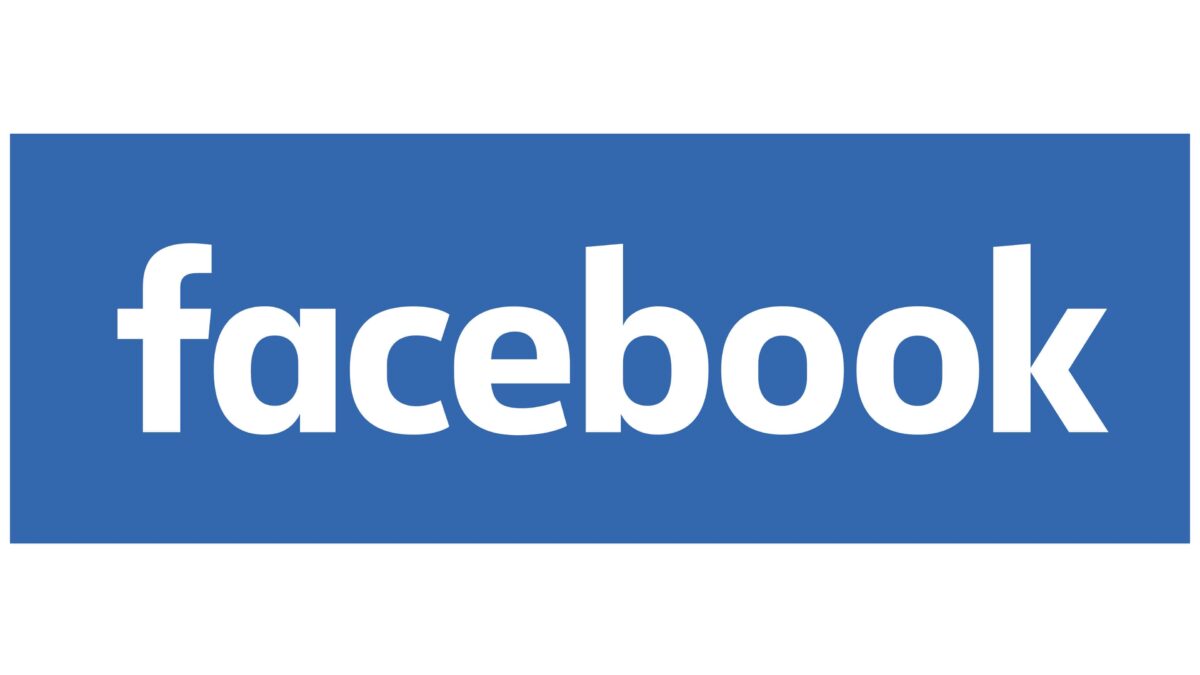
The social media giant’s deep blue logo has become synonymous with global connectivity. This particular shade of blue feels both familiar and innovative, perfectly aligning with Facebook’s mission to bring people together in the digital age. The simplicity of the lowercase wordmark allows the color to take center stage, creating a powerful and instantly recognizable brand identity.
2. IBM
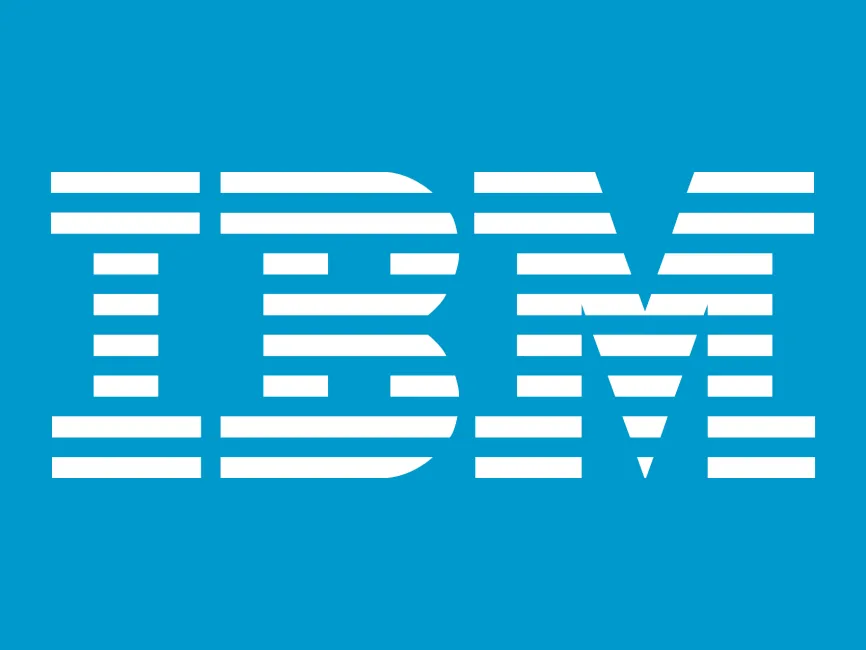
IBM’s bold, striped logo in a rich blue conveys stability and reliability – crucial qualities for a long-standing tech company. The eight-bar design, introduced in 1972, suggests strength and dynamism. The deep blue color reinforces IBM’s reputation for trustworthiness and innovation in the ever-evolving world of technology.
3. Ford
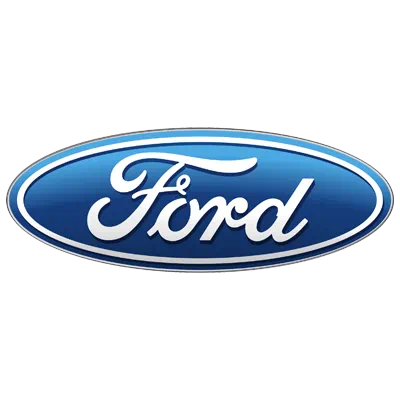
The automotive giant’s blue oval emblem represents trust and durability, essential traits for a company producing vehicles meant to last. Introduced in 1927, the blue color in Ford’s logo has become an integral part of the brand’s heritage. It symbolizes confidence, reliability, and the company’s long-standing tradition of quality in the automotive industry.
4. Intel
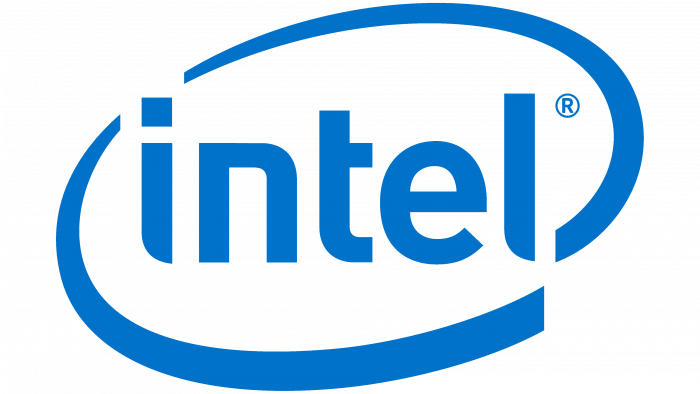
Intel’s dropped “e” logo in a lighter blue shade suggests innovation and forward-thinking, aligning with their position as a leader in computer processors. The swirl around the logo creates a sense of movement and progress, while the blue color reinforces reliability – a crucial factor for a company at the heart of computing technology.

Get 300+ Fonts for FREE
Enter your email to download our 100% free "Font Lover's Bundle". For commercial & personal use. No royalties. No fees. No attribution. 100% free to use anywhere.
5. PayPal

PayPal’s two-toned blue logo combines professionalism with approachability, important for a financial service used by millions daily. The overlapping ‘P’s create a sense of security and connection, while the different shades of blue represent trust in the digital and traditional financial worlds coming together.
6. LinkedIn
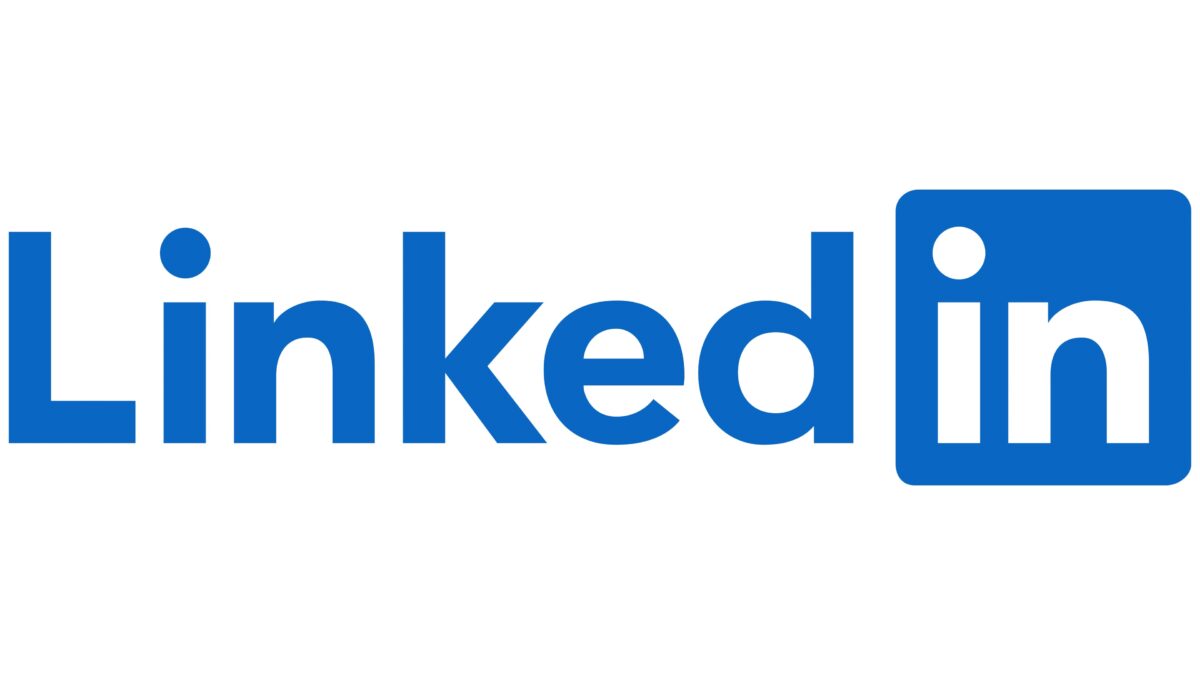
The professional networking site uses a calming blue to create a sense of trust and professionalism in the digital job market. The square shape of the logo with rounded corners strikes a balance between formal and approachable, mirroring the platform’s role in professional networking. The iconic ‘in’ emblem in white provides excellent contrast against the blue background.
7. Twitter (RIP)
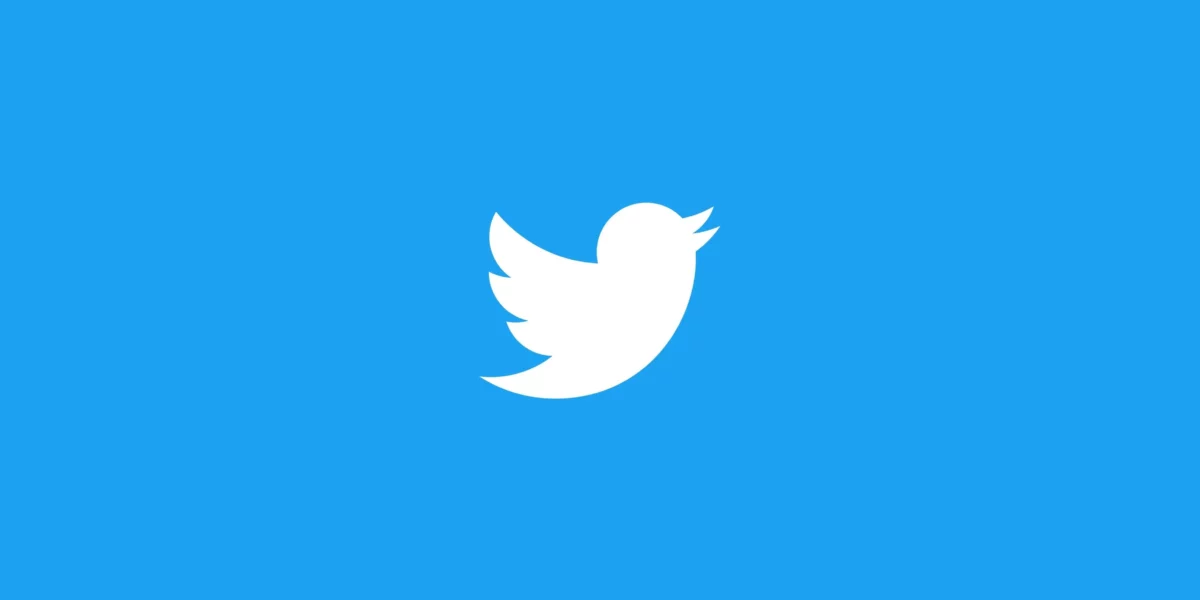
The iconic Twitter (now “X”) bird silhouette (may it rest in peace) in a vibrant blue represents freedom of expression and the open sky of possibilities. The upward-tilted bird symbolizes hope, freedom, and aspirational thoughts – all key aspects of the platform’s ethos. The bright blue color enhances these concepts while also ensuring the logo stands out in digital spaces.
8. Visa
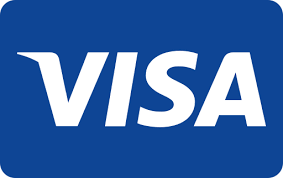
The financial services corporation uses a deep blue to convey security and reliability in transactions. The gold accent in the ‘V’ adds a touch of prestige and value. The blue in Visa’s logo has become so iconic that it’s often referred to as “Visa Blue” in the financial sector, representing trust and global acceptability.
9. Dell

Dell’s simple yet effective blue logo emphasizes dependability in the computer hardware market. The tilted ‘E’ in a circle adds a dynamic touch to an otherwise straightforward design. The blue color reinforces Dell’s commitment to reliability and innovation in personal computing, serving as a beacon of trust for consumers and businesses alike.
10. Boeing
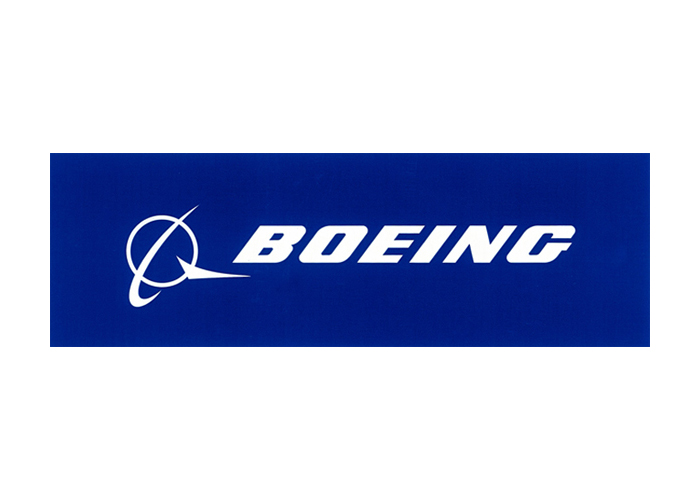
The aerospace giant’s logo features a sleek, modern typeface in a deep blue, often accompanied by a stylized blue graphic representing flight. This color choice evokes the sky and conveys reliability – crucial for a company in the aviation industry. The rounded edges of the letters suggest aerodynamics, while the overall simplicity of the design speaks to the precision engineering Boeing is known for.
11. NASA
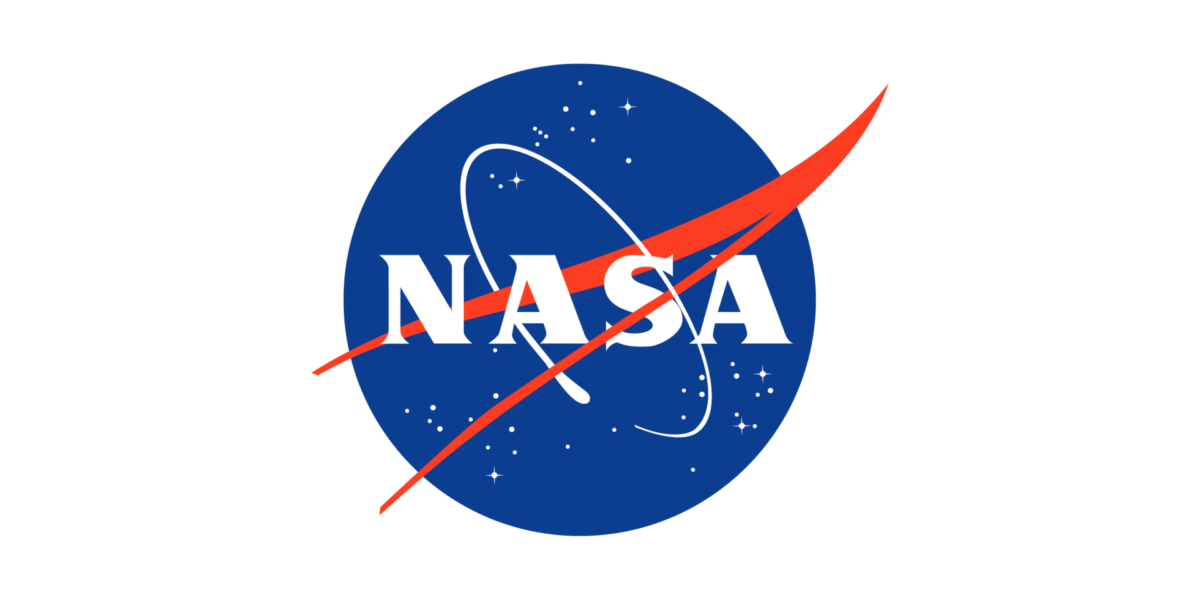
The National Aeronautics and Space Administration’s blue spherical logo, affectionately known as the “meatball,” represents Earth’s atmosphere and the vastness of space. The deep blue conveys trust in the agency’s scientific endeavors and the mystery of the cosmos. The red chevron and white lettering create a patriotic color scheme, while the stars add a sense of exploration and wonder.
12. Oral-B
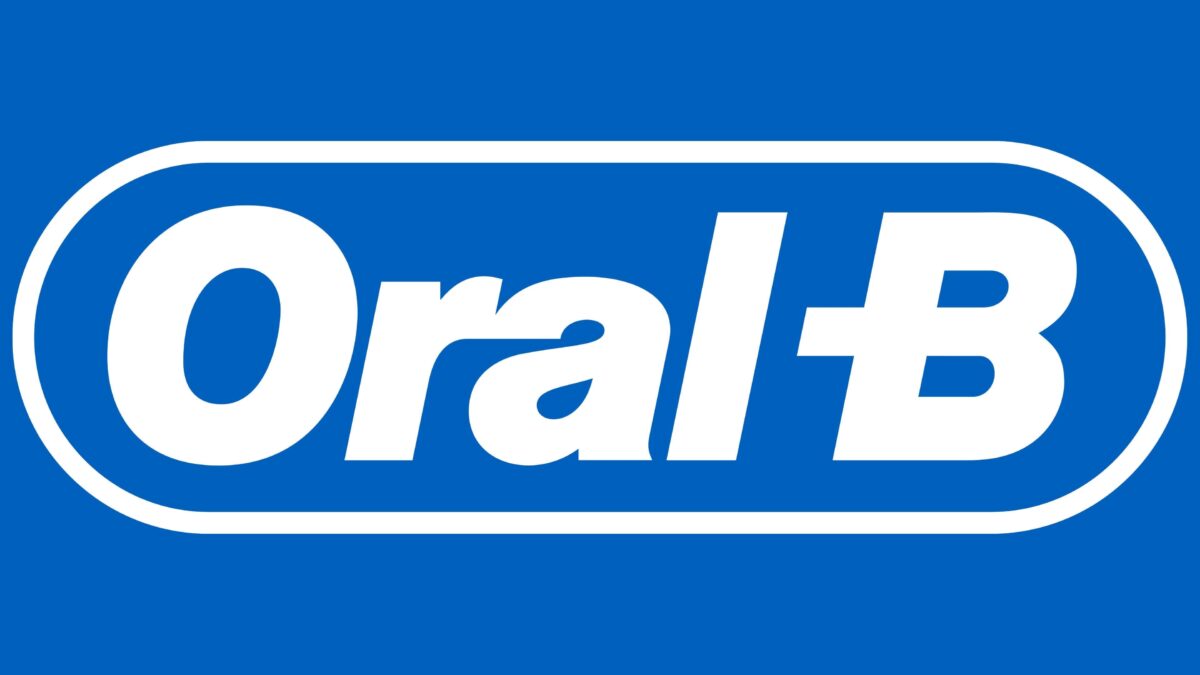
This dental care brand uses a clean, bright blue to evoke feelings of freshness and hygiene. The simplicity of their logo design, combined with the calming blue color, helps to alleviate the anxiety often associated with dental care. The rounded typeface adds a friendly touch, making the brand appear more approachable and gentle.
13. Skype
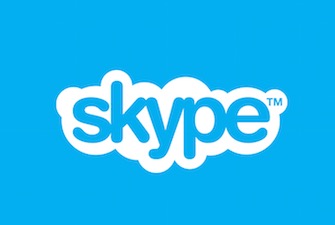
Before its acquisition by Microsoft, Skype’s logo featured a bubbly, friendly blue that represented clear communication and the sky – perfect for a service connecting people across vast distances. The cloud-like shape of the logo reinforced the idea of internet-based communication, while the light, approachable shade of blue helped make the technology feel accessible to all.
14. Samsung

The South Korean tech giant’s logo uses a deep, elegant blue that communicates reliability and innovation. The oval shape and condensed font give a sense of movement, suggesting the company’s forward-thinking approach. The simplicity of the design allows it to be easily recognizable across various product lines, from smartphones to home appliances.
15. Philips
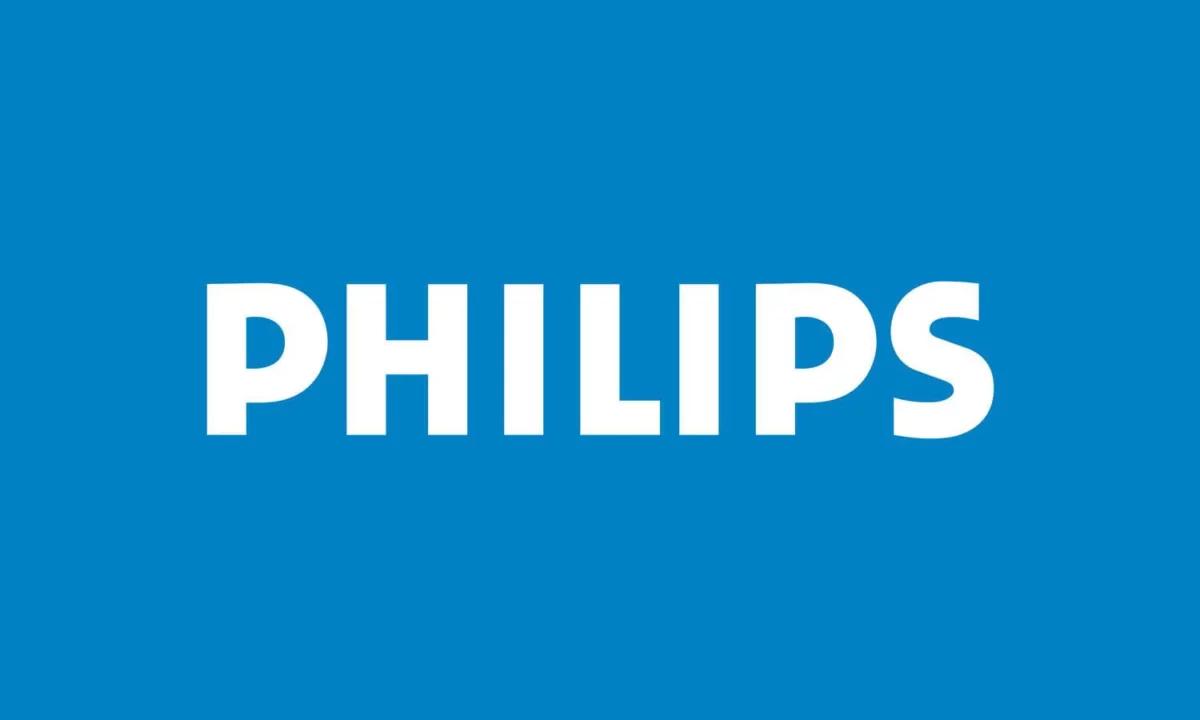
Philips’ shield-shaped logo in royal blue represents trust, heritage, and innovation. As a company with roots in lighting and now branching into healthcare technology, the blue color effectively bridges their past and future. The stars and waves within the shield symbolize light and sound, key areas of Philips’ expertise.
16. Unilever
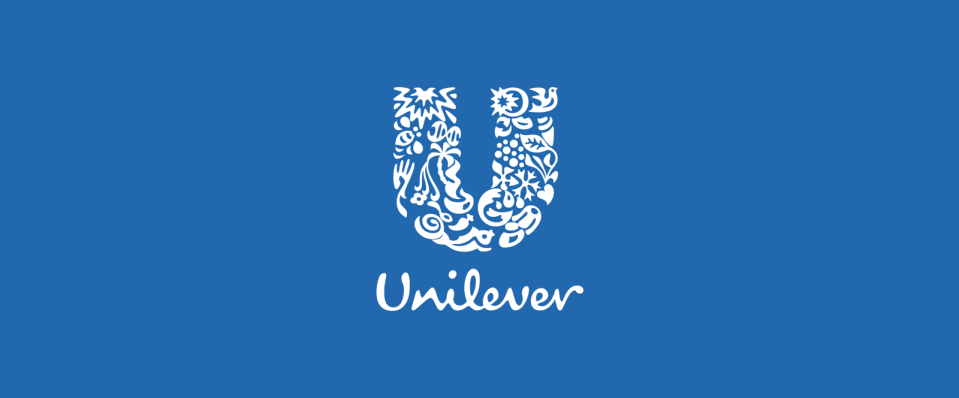
The consumer goods giant uses a vibrant blue in its logo, which is composed of many smaller icons representing its diverse product range. The blue here signifies unity, trustworthiness, and the company’s global reach. The ‘U’ shape formed by these icons represents the company’s commitment to making sustainable living commonplace.
17. General Electric (GE)
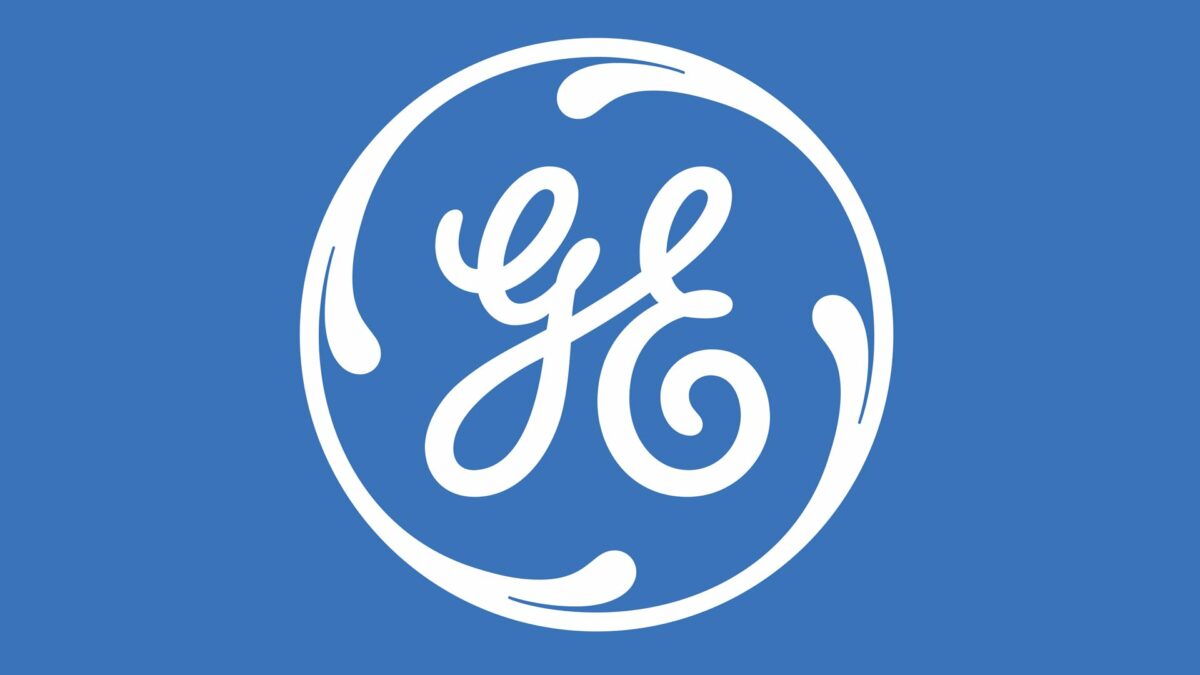
GE’s iconic circular logo in a deep, calming blue represents stability and longevity. As a company that has existed for over a century, the blue color reinforces its reputation for reliability and innovation. The cursive ‘GE’ initials add a touch of heritage and personal connection, balancing tradition with modernity.
18. Walt Disney
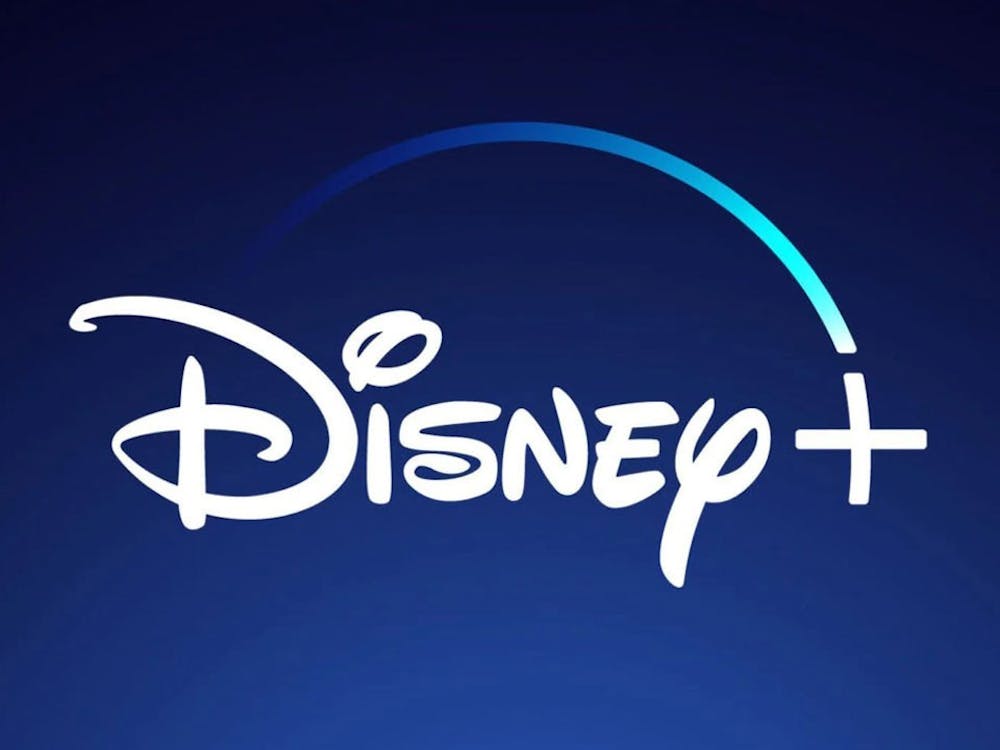
The Walt Disney Company’s logo, featuring a stylized rendition of Walt’s signature over a fantasy castle, uses a royal blue to evoke magic, dreams, and imagination. This color choice is perfect for an entertainment empire built on storytelling. The whimsical font transport viewers into a world of wonder and possibility.
19. Walmart

The world’s largest retailer uses a bright, friendly blue in its logo to create a welcoming feel. The blue here represents reliability and value, important traits for a company focused on everyday low prices. The sunburst symbol that follows the wordmark adds a touch of optimism and energy, reinforcing Walmart’s commitment to customer satisfaction.
20. Vimeo

This video-sharing platform uses a vibrant, deep blue that stands out in the digital space. The playful, script-like font combined with the blue color creates a sense of creativity and professionalism, appealing to its target audience of filmmakers and content creators. The simplicity of the design allows for easy recognition across various digital platforms.
21. Pfizer
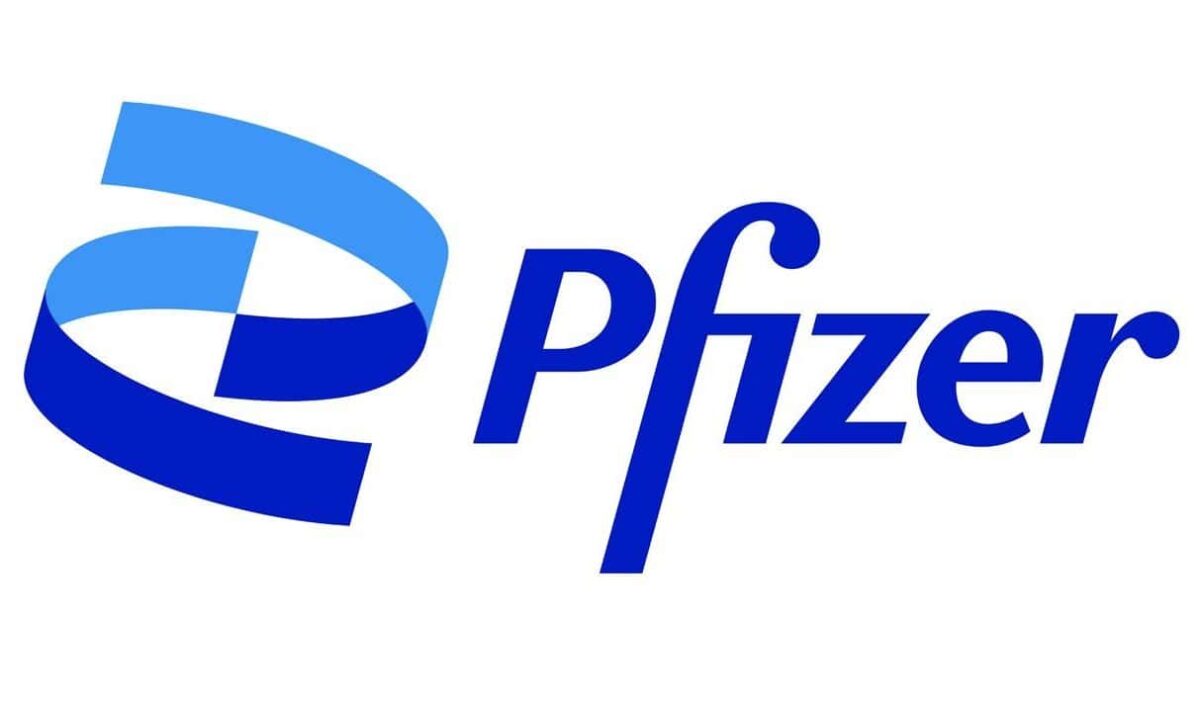
The pharmaceutical company’s oval logo with its name in a crisp, clean blue exudes professionalism and trustworthiness. In healthcare, these qualities are paramount, making blue an excellent choice for Pfizer’s brand identity. The pill-like shape of the logo subtly references the company’s core business, while the modern sans-serif font suggests cutting-edge medical research.
22. Lowe’s
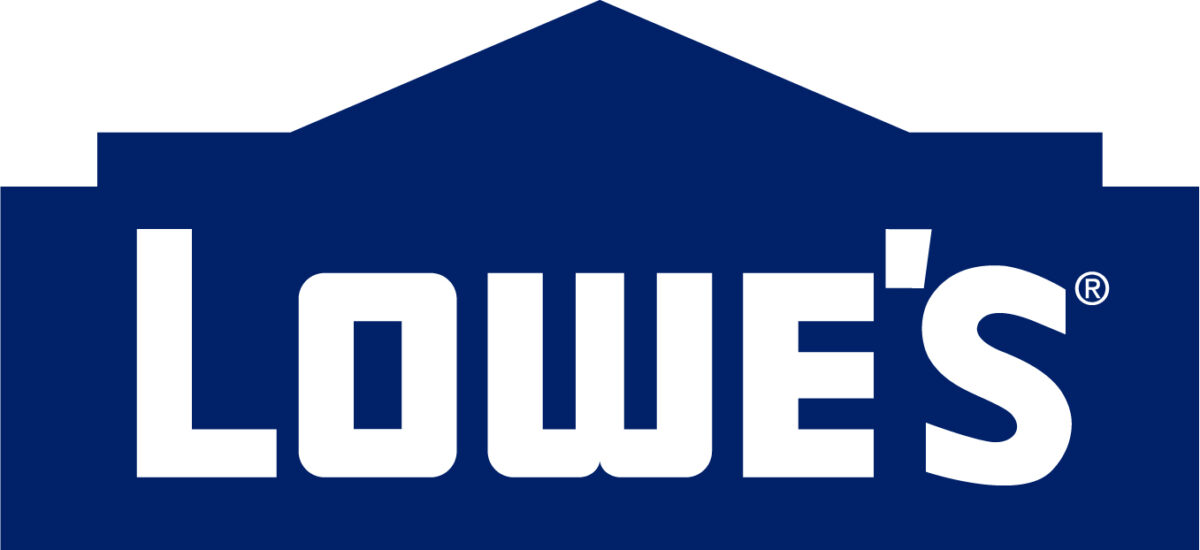
This home improvement retailer uses a bold, bright blue in its logo. The color choice here represents dependability and expertise, important qualities for a store where customers come for DIY and home renovation needs. The simplicity of the design, with its clean, sans-serif font, suggests straightforward service and reliability.
23. Volkswagen
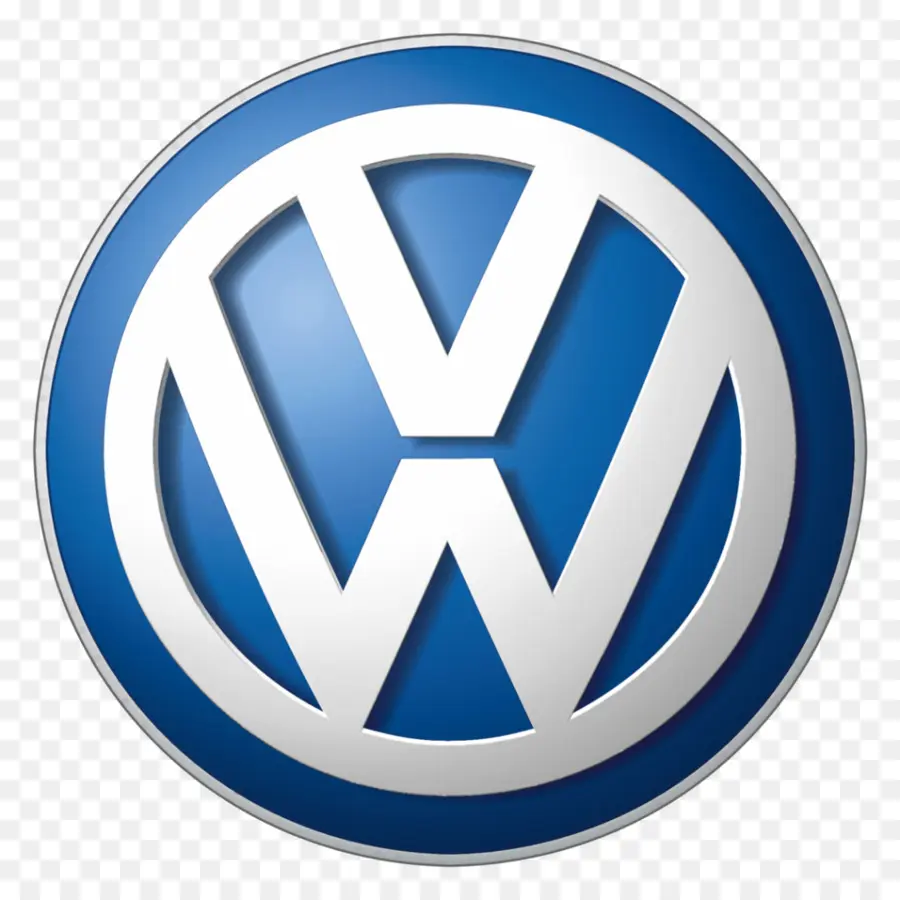
The German automaker’s iconic VW emblem encased in a blue circle represents reliability and excellence in engineering. The blue here is calm and confident, mirroring the company’s approach to automotive design and manufacturing. The simplicity of the interlocking V and W creates a timeless design that has become one of the most recognizable logos worldwide.
24. UNICEF

The United Nations Children’s Fund uses a light, approachable blue in its logo. This shade evokes a sense of hope and care, perfectly aligned with the organization’s mission to protect children’s rights and provide humanitarian aid. The globe-like symbol with a mother and child figure at its center beautifully encapsulates UNICEF’s global reach and focus on child welfare.
25. American Express
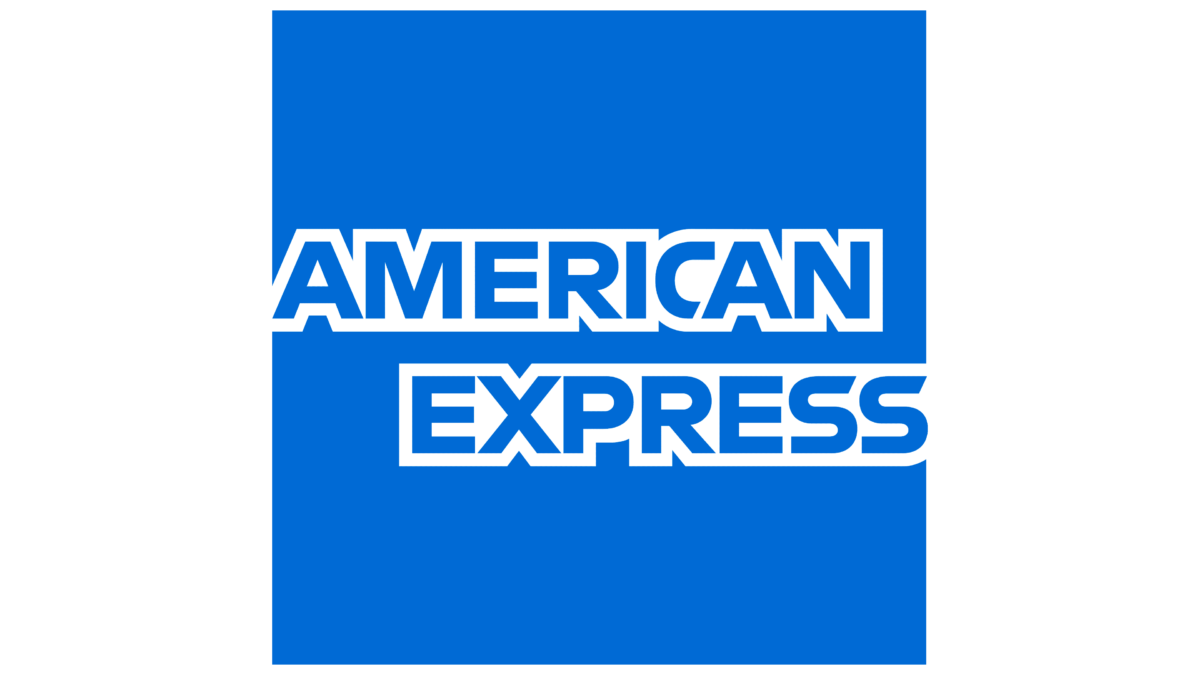
The financial services company’s logo features a bold, square design with crisp white text on a deep blue background. This color choice conveys trust, security, and professionalism – crucial attributes in the financial sector. The abbreviated “AMEX” version of the logo has become an icon of prestige and financial stability worldwide.
Shades of Blue: Choosing the Right Tone
Not all blue logos are created equal. Different shades can convey distinct messages:

Navy Blue: Traditionalism, conservatism, integrity

Royal Blue: Confidence, professionalism, stability

Sky Blue: Tranquility, clarity, friendliness

Turquoise: Creativity, energy, youthfulness

Cobalt Blue: Precision, efficiency, depth
Beyond the Corporate: Blue in Various Industries
While blue is common in corporate logos, its use spans across industries:
Healthcare
Blue’s calming properties make it popular in healthcare logos, inspiring trust and peace of mind. Examples include Blue Cross Blue Shield and Pfizer. Although, red logos like CVS and Walgreens are outliers.
Technology
Tech companies often use blue to represent innovation and reliability. Think Intel, HP, and Dell.
Finance
Banks and financial institutions frequently opt for blue to convey security and professionalism. Examples include American Express, Chase, and Visa.
Social Media
Blue dominates social media logos, from Facebook to LinkedIn to Twitter, representing connectivity and openness.
Automotive
Many car manufacturers, including Ford, Volkswagen, and BMW, incorporate blue into their logos to suggest reliability and sophistication.
Designing with Blue: Tips and Considerations
If you’re considering a blue logo for your brand, keep these points in mind:
- Consider your shade: The specific blue you choose can significantly impact your brand’s perception.
- Contrast is key: Ensure your blue stands out against backgrounds where it will appear.
- Typography matters: The font you pair with blue can enhance or detract from its impact.
- Think about cultural implications: While blue is generally positive worldwide, always research your target markets.
- Balance with other colors: Blue pairs well with white for a clean look, or with orange for a vibrant contrast. Here are some orange logos to inspire you.
The Future of Blue Logos
As design trends evolve, we’re seeing new interpretations of blue logos:
- Gradients: Many brands are experimenting with blue gradients to add depth and modernity.
- Minimalism: Simplified blue logos are becoming popular for their clean, focused appearance.
- Animated logos: In digital spaces, animated blue logos are adding a dynamic element to branding.
Conclusion: The Enduring Power of Blue
Blue logos have stood the test of time, and for good reason. They offer a perfect blend of professionalism, trustworthiness, and versatility. Whether you’re a startup looking to inspire confidence or an established brand aiming to refresh your image, a well-designed blue logo can be a powerful asset.
Remember, the most effective logos aren’t just about color – they’re about how that color is used to tell your brand’s unique story. As you consider your branding strategy, let the vast ocean of blue inspire you to create a logo that’s not just seen, but felt and remembered.

